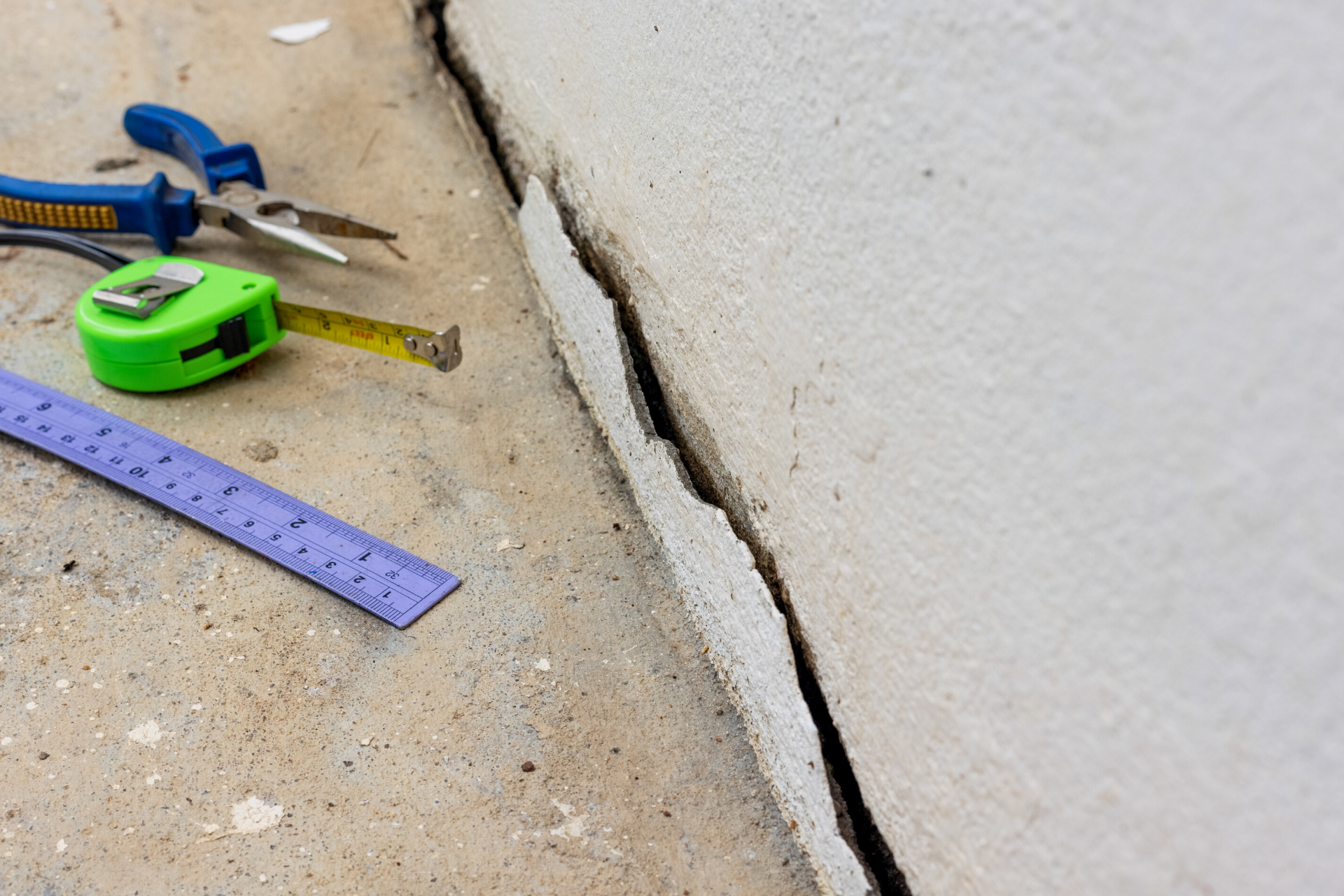In a prior post, we highlighted a decision from the Indiana Supreme Court’s applying the so-called “acceptance rule,” which shields contractors from liability to third parties after the work is completed and the owner has accepted the work. In U.S. Automatic Sprinkler Corp. v. Erie Ins. Exch. a majority of the Indiana Supreme Court refused to adopt an exception to the acceptance rule for reasonably foreseeable property damage, holding that the reasonable foreseeability exception applies only where personal injury is a foreseeable consequence of a contractor’s allegedly negligent work. The majority held that the exception did not apply to claims for property damage.
The U.S. Automatic Sprinkler majority left the door partly open for property damage claims, noting that the reasonable foreseeability exception “applies when a third party seeks recovery for property damage if personal injury – though not sustained – is a foreseeable consequence of a contractor’s allegedly negligent work.” The Indiana Court of Appeals recently walked through this door – and again sparked hope that certain construction defect claims may not be barred by this rule.
In BMI Properties, LLC v. Daewoong, LLC, the Indiana Court of Appeals held that the trial court erred in applying the acceptance rule in a claim not involving personal injuries. The case involved construction defect claims brought by a building purchaser against the general contractor, the architect, and a masonry subcontractor. The purchaser contended that these parties were responsible for mold and moisture damage due to defective design and/or construction. These defects had caused a tenant’s bedpost to fall through the floor and several bricks to fall off the building, damaging a tenant’s vehicle, but they had not caused any personal injuries.
The trial court ruled that the purchaser’s claims were barred by the acceptance rule and by the economic loss doctrine, which bars recovery in tort for purely economic losses. The Court of Appeals reversed both of these rulings.
The Court of Appeals held the acceptance rule did not necessarily bar the purchaser’s claims, even in the absence of any personal injuries. The Court of Appeals interpreted the holding in U.S. Automatic Sprinkler as allowing claims for property damage when it is reasonably foreseeable that the defects that caused the property damage could also have caused personal injuries, even if no such personal injuries actually occurred. And, the court held that the question whether such injuries were reasonably foreseeable was a question for the jury.
In reversing the trial court’s application of the economic loss doctrine, the Court of Appeals noted that the doctrine applies only where 1) a contract or a network of contracts exists linking the parties and 2) the harm involved is purely economic and does not involve any personal injury or property damage other than to property that is the subject of the contract or network of contracts. Because the previous owner had contracted for construction of the building, the court said, there was no contractual relationship between the purchaser and the contractors, and therefore the economic loss doctrine could not apply. Because it concluded the first element was not met, the Court of Appeals did not consider the second element – i.e., the nature of the purchaser’s alleged damages.
The defendants in BMI Properties have asked the Indiana Supreme Court to review the case. They argue that the Court of Appeals’ opinion misapplies the economic loss doctrine and improperly broadens U.S. Automatic Sprinkler by extending the acceptance rule’s reasonable foreseeability exception to include personal injury risk to anyone, not just the third-party claimant. But unless and until the Indiana Supreme Court grants transfer or reverses, the BMI Properties case gives hope to real estate purchasers that at least some claims for property damage caused by defective construction may not be barred by the acceptance rule or economic loss rule.














